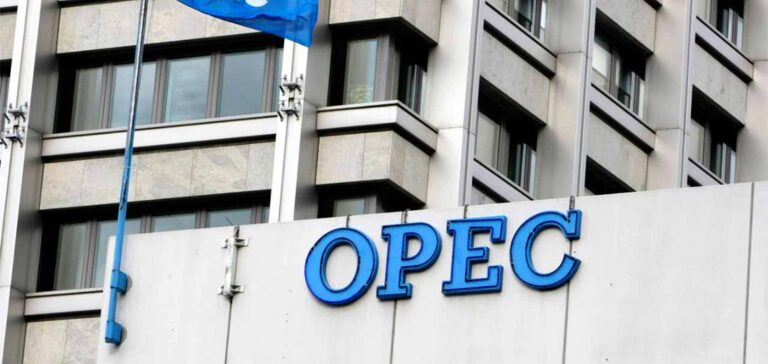The Organization of the Petroleum Exporting Countries (OPEC) maintains its optimistic outlook for oil demand in 2025 and 2026, supported primarily by growth in the transportation and industrial sectors. According to its monthly report released in early February, OPEC expects global oil consumption to reach 105.1 million barrels per day (mb/d) in 2025, an increase of 1.35 mb/d compared to 2024. This forecast remains unchanged from previous estimates, reflecting a consistent upward trend in oil demand.
Growth in Transportation Sector Demand
Global oil demand in 2025 is expected to progress steadily throughout the year, reaching 104.2 mb/d in the first quarter, according to OPEC. The transportation sector, particularly air and road transport, will be a key driver of this growth. The recovery in air travel and the increase in road traffic are expected to significantly contribute to rising consumption. OPEC notes that this trend will also continue in the industrial, agricultural, and construction sectors, where oil remains a crucial energy source.
Demand Dynamics by Region
The increase in demand in 2025 will mainly be driven by countries outside the Organization for Economic Cooperation and Development (OECD), which are expected to see a rise of 1.3 mb/d. Key regions driving this demand include China, India, the Middle East, and Latin America, where continued economic growth is fueling energy consumption. In contrast, OECD countries will only contribute an additional 0.1 mb/d to this rise, with moderate forecasts in Europe and North America.
Impact of Global Economic Dynamics
Within the OECD, the United States is expected to see a slight rebound in demand, particularly due to strong economic dynamics. OPEC forecasts an increase of 35,000 barrels per day in the first quarter of 2025, driven by positive economic performance observed at the end of 2024. This modest growth contrasts with the strong demand expected in emerging economies.
Forecasts for 2026 and Production Strategies
For 2026, OPEC anticipates global consumption to reach 106.6 mb/d. At the same time, OPEC+ has confirmed its plan for a gradual increase in oil production starting in April 2025. This increase, amounting to an initial tranche of 2.2 million barrels per day over 18 months, is expected to support the balance between supply and demand while addressing global economic concerns, including those from the United States and the Trump administration, who have expressed a desire for lower prices.





















